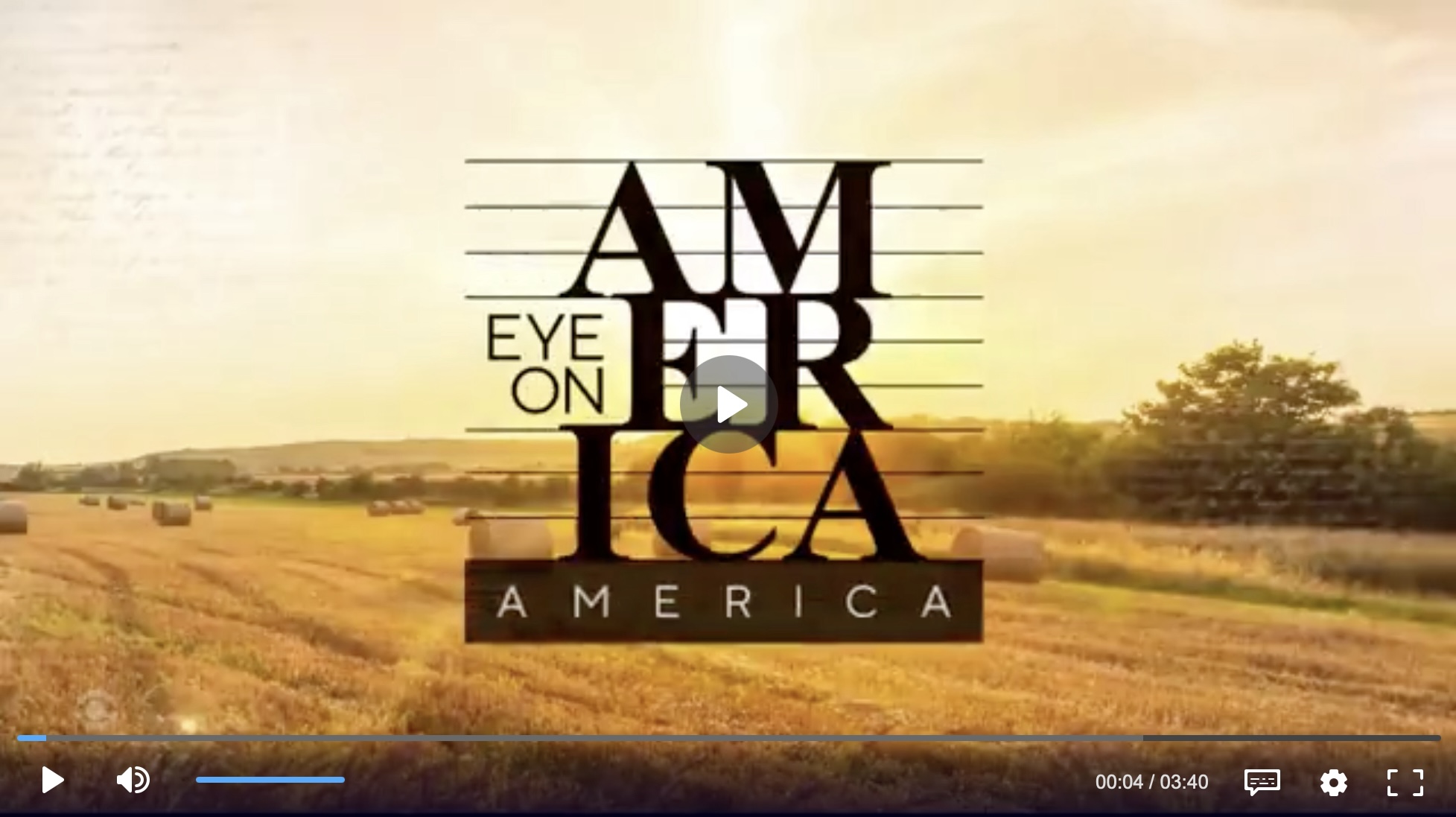High School Counselor Week
Weekly stories, facts, trends, and other information from around the country
August 29, 2024
The FAFSA Rollout Mess Hurt Low-Income Students the Most
Teen Vogue – August 20, 2024
When I was a high school senior from a very poor family, years ago, the FAFSA represented my only chance to go to college. This year, the disastrous rollout of the new FAFSA has derailed the college plans of many low-income students, in some cases possibly killing their college dreams forever. According to the National College Attainment Network, the completion rate is down nearly 13% nationwide among low-income students, due to students being unable to access or submit the form and the backlog causing delays in FAFSA processing. In some parts of the country, the rate dropped even more to 30+%. Yet it seems like lawmakers may be setting the stage for another stressful financial aid season this year, with more than a dozen open issues still pending and the possibility of another availability delay
29% of LGBTQ+ students attend school with anti-LGBTQ+ policies
K-12 Dive – August 22, 2024
Nearly a third of LGBTQ+ secondary and postsecondary students ages 13 to 24 said they attended a school with at least one anti-LGBTQ+ policy, such as curriculum restrictions on gender and identity issues. These students all reported higher rates of negative experiences in school, such as being verbally harassed, receiving unwanted sexual contact or being physically attacked.
Signal lost: Why more school systems are saying no to cellphones
K-12 Dive – August 14, 2024
School systems nationwide are enacting bans on student cellphone use, and some are extending the cellular prohibitions to smartwatches and more. In many districts and states, educators in said student cellphone usage contributed to post-COVID spikes in discipline problems, including fights, bullying, interpersonal drama and insubordination in class. In fact, these observations are backed up by studies. Learning is hard in a distracting environment, especially for students who struggle academically. While so far there is only anecdotal evidence that academic performance improves radically after a ban, schools surveyed believe behavioral improvements make the new policy worthwhile.
 Applying For College—The Quick Version
Applying For College—The Quick VersionPost – August 28, 2024
Counselors’ Corner with Patrick O’Connor, Ph.D.
 Find the Free Money — Merit Scholarship Money Makes Cents!
Find the Free Money — Merit Scholarship Money Makes Cents!
Post – August 28, 2024
College Advice & Timely Tips with Lee Bierer
The Most Important Lesson I’ve Learned as a Trauma Psychotherapist Turned School Counselor
EdSurge – August 7, 2024
Earlier in my career, I was young and holistically and selflessly committed to the care and well-being of the children and families that I worked with. I cared so much about meeting their needs that I did not focus on my self-care, and I ultimately experienced burnout as a result. Now that I am more experienced, I have a clearer understanding of what self-care should look like and I am able to focus on identifying and exploring my feelings in times of crisis, understand the ways that my identity and lived experience shape my worldview, and center the importance of building a community that affirms and uplifts my voice and identity. Perhaps, I would have lasted longer in my early career if I had been able to do this sooner. I realized the foundational importance of taking care of yourself before you can help others. If we can do this, we will be more present, grounded and available to the impressionable young minds for whom we are responsible. Accepting the role of identity in my work allows me to continue building the relationships and connections that I have always valued and prepares me for the heavy, difficult, yet rewarding days ahead.
How Did Empathy Become the Enemy?
NEA Today – August 6, 2024
Minnesota school counselor Ambrosia Doty shares how one day, while leading a staff meeting focused on students’ concerns, one teacher walked out of the room. Another asked: ‘How long until this is over?’ ‘I am frustrated with the general lack of understanding, support, and misrepresentation of social emotional learning, especially amongst other educators,’ says Doty. ‘Helping kids to learn conflict resolution is not a Marxist concept!’ she adds. ‘Teaching coping skills and how to advocate for one’s needs is not a form of rebellion in schools.’ Known as social and emotional learning (SEL), these skills include how to navigate social situations, stand up for people from diverse backgrounds, and empathize with others. Research on SEL proves schools need and want it. But these important teachings have come under attack buy certain lawmakers and anti–public education groups, such as Moms for Liberty. Their goal? Spread disinformation and vilify schools and educators. And when extremists attack social and emotional learning, students pay the price.
A new poll reveals the worries of Gen Z kids — and how parents can support them
NPR – August 27, 2024
For many pre-teens and teens, a new school year brings big changes: new routines, different classes and changing friendships (both in real life and online). Parents can help kids navigate these transitions by understanding their feelings and finding ways to better support them. A new survey published in July provides fresh insight into the emotional landscape of today’s Gen Z youth. Conducted by the Walton Family Foundation and Gallup, in partnership with teen psychologist Lisa Damour, the group surveyed 1,675 children ages 10 to 18 and one of their guardians. It found that Gen Z kids felt pressure to be perfect and increased negative emotions like anxiety, especially among girls and teens.
7 Things You Shouldn’t Do When Your Kid Goes Off to College
Good Housekeeping – August 25, 2024
A successful transition to college requires the young adult to feel like they can handle their new life on their terms,’ says clinical psychologist Emily Edlynn, Ph.D., author of Autonomy-Supportive Parenting. In order to help them feel this way, here are the things adults shouldn’t do when their kid goes off to college.
Just 29% of families say the updated FAFSA was easier to complete, survey finds
Higher Ed Dive – August 28, 2024
A new poll from Sallie Mae and Ipsos sheds light on the challenges students are facing when figuring out how to pay for college.
 Ransomware attacks on schools threaten student data nationwide
Ransomware attacks on schools threaten student data nationwide
CBS News – August 26, 2024
Imagine a criminal gaining unrestricted access to your child’s most private information — medical records, Social Security numbers and even details about their daily bus ride to school. This alarming scenario is becoming a reality for a growing number of families as sophisticated cybercriminals increasingly target schools across the United States, holding their computer systems and private data hostage.
6 Study Tips for College-Bound Teens
U.S. News & World Report – August 23, 2024
Transitioning to college can be daunting for students as they navigate a new learning environment without the familiar guardrails of high school. But those who hone their study skills in high school are better prepared to take responsibility for their learning and time management in college, experts say.
Decision Points Goes to College: Starting the Admissions Process
U.S. News & World Report – August 26, 2024
What kind of college is right for your teen? What’s the deal with standardized tests? How do you get the most out of a campus tour? What should the essay look like (and NOT look like)? Your teen got an admissions interview, now what? We’ll have more to say about college admissions in future columns. This is just a very quick first pass at two first steps for 10th or 11th graders.
A Fifth of Students at Community College Are Still in High School
EdSurge – August 14, 2024
They’re part of a practice, increasingly popular nationwide, that sees teenagers complete advanced classes — mostly offered through community colleges — while juggling typical high school activities like sports practices, part-time jobs and dances. Called dual enrollment, the phenomenon grew for the third year in a row this year. And the growth is steep — up 10 percent compared to last year…
Common App data shows substantial rise in minority student college applications
K-12 Dive – August 22, 2024
A predicted decrease in minority applicants has not materialized after the Supreme Court’s decision overturning race-conscious admissions. The number of applicants identifying as a minority race or ethnicity increased 11%, compared to 3% for non-minority groups. Growth was fastest among American Indian or Alaska Native, Latinx and Black or African American applicants.
Not All ‘Free College’ Programs Spark Increased Enrollments or More Degrees
EdSurge – August 9, 2024
The premise of ‘free college’ programs popping up around the country in recent years is that bringing the price of higher education down to nearly nothing will spur more students to enroll and earn degrees. But is that what actually happens?
Dozens of colleges see financial aid turmoil impacting freshman class makeups
NBC News – August 24, 2024
Education Secretary Miguel Cardona vows ‘to do better’ as administrators say this year’s FAFSA debacle is already leaving its mark on campuses. About three-quarters of the 384 private institutions that responded to a recent survey by the National Association of Independent Colleges and Universities said FAFSA issues altered the makeup of incoming freshman classes. 18% of respondents reported FAFSA problems have reduced the racial or ethnic diversity of freshman classes, and 27% said they logged fewer financial aid recipients.
How States Are Working to Narrow FAFSA Completion Gaps
Inside Higher Ed – August 28, 2024
States across the country have worked all summer on a final push to boost FAFSA completion rates, which have dropped this year due to the U.S. Education Department’s botched launch of the revamped form. State officials and college-access professionals say their efforts, backed by a $50 million infusion from the Education Department, have helped to move the needle, but they don’t expect to catch up to last year’s application numbers. Although the gap has narrowed over the last several months—from nearly 40 percent in late March to 13.5 percent at the end of May—progress slowed during the summer months
Subscribe to our Weekly Emails
Full Ride Scholarships
sponsored by Fastweb
Ideas to help students find ways to pay for school.
How to unlock the power of schools to improve youth mental health
K-12 Dive – August 15, 2024
To identify factors that can have a positive impact on student mental health, The Jed Foundation and AASA, The School Superintendents Association, in 2023 launched a multi-year initiative to develop and deploy a comprehensive approach to mental health and suicide prevention for pre-K-12 school districts called the District Comprehensive Approach, or DCA. Earlier this year they welcomed 15 school districts from 14 states to join the inaugural DCA cohort. The approach encompasses recommendations school and district leadership can use in collaboration with school staff for strategic planning across seven areas…
Stark Racial, Class Disparities in K-12 Mental Health Linked to Absenteeism
The 74 – August 27, 2024
Access to in-school mental health support varies dramatically along class and race lines, with Black and low-income families far less likely to report their child’s school offers counseling and other support but are more likely to use them than their affluent, white peers. Just 29% of Black families and 37% of low-income families report that their child’s school offers mental health services, compared to 52% of white families and 59% of the most affluent, according to the Nation’s Kids at Risk report released last week by University of Southern California researchers. Among all families, one in five would have used services had they been available, though Black and Hispanic families show the highest desire. Of all families receiving services, roughly 3 in 4 are ‘satisfied,’ saying they help. The findings came as somewhat of a surprise to lead author and USC researcher Amie Rapaport, who expected mental health struggles to be more evenly distributed across age and gender; and because student mental health was a priority for many districts nationwide in spending federal pandemic relief funds in the last few years.
The Vibes For Career-Tech Programs Are Great. But They’re Too Scarce.
Forbes – August 27, 2024
Former President Barack Obama’s address to the DNC contained one reference that deserves attention and applause: ‘Kamala knows that if we want to help people get ahead, we need to put a college degree within reach of more Americans. But she also knows college shouldn’t be the only ticket to the middle class.’ Yet when pollsters survey kids in the real world, students report that all they continue to hear from their schools is ‘college, college, college.’ It’s scarcely surprising that so many non-college-bound students report that their studies don’t interest them and seem irrelevant to their career plans. Nobody in their schools seems to be encouraging what they do want to do.
Most community college students plan to get 4-year degrees. Few actually do…
NPR – August 21, 2024
With their open enrollment policies and low tuition, community colleges offer crucial access to higher education. They educate 41% of all U.S. undergraduates, according to the Community College Research Center. And when those students enroll, 83% plan to transfer to four-year schools. But that transfer process can be fraught with challenges, including structural barriers that force students to spend time and money taking extra classes. Research suggests statewide policies to make transferring easier can help students earn bachelor’s degrees and avoid spending potentially thousands of dollars on unnecessary classes.
68% of seniors say college has significantly boosted their ability to land well-paying jobs, poll finds
Higher Ed Dive – August 22, 2024
A slightly higher share, 72%, said higher education has appreciably improved their ability to secure a meaningful job. And 85% of surveyed seniors said college significantly helped them understand their own career goals. Although the survey suggests students believe higher education has improved their career prospects, they’re still worried about job market competition.


